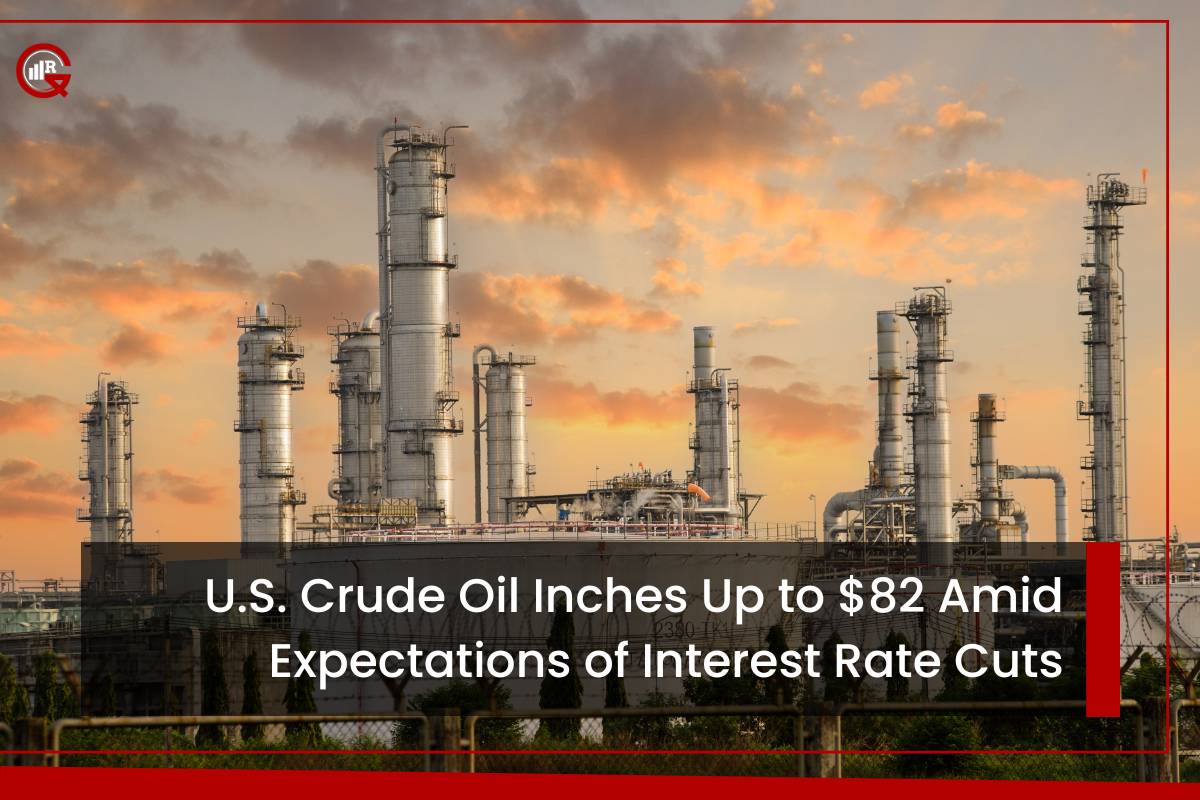The price of U.S. crude oil saw a slight uptick to $82 a barrel on Tuesday, driven by optimism that weak manufacturing data could prompt interest rate cuts. The U.S. manufacturing sector experienced a downturn, reaching a four-month low of 49.9 in March, as reported by the S&P Global Flash U.S. Composite PMI. A reading below 50 indicates a contraction in activity.
Support for Rate Cuts
Investors responded to the sluggish manufacturing activity by betting on potential interest rate cuts by the Federal Reserve later this year. Lower interest rates typically stimulate economic growth, which in turn boosts demand for crude oil. Phil Flynn, senior market analyst at the Price Futures Group, noted that the renewed hopes for rate cuts are revitalizing oil markets, especially following recent sell-offs.
Rebound in Oil Prices
The uptick in oil prices follows a decline earlier in the day, with WTI hitting a session low of $80.89 a barrel, its lowest level since late March. Additionally, U.S. oil prices briefly dipped below the 50-day moving average of $81.22 a barrel for the first time since early February. Despite the rebound, U.S. oil prices remain more than $5 below this year’s peak of $87.62, driven by concerns over potential conflict between Iran and Israel.
Geopolitical Factors
Fears of a confrontation between Iran and Israel have subsided, contributing to the stabilization of oil prices. Moreover, the oil market has largely disregarded the looming threat of additional sanctions against Iranian oil. The House of Representatives recently passed legislation to expand sanctions on Iran’s oil exports, awaiting a Senate vote this week.
Under the proposed legislation, President Joe Biden would have the authority to impose sanctions within 180 days, with the option to waive penalties if deemed necessary for national security interests. However, the decision to enforce sanctions or issue waivers presents a dilemma for the White House, particularly amid concerns about the impact on the already tight oil market.
Political Considerations
Experts speculate that the Biden administration may delay imposing sanctions due to political considerations, especially with the upcoming 2024 election. Amrita Sen, founder and director of research at Energy Aspects, emphasized the administration’s determination to prevent a surge in oil prices ahead of the election. The political dynamics surrounding oil prices add complexity to the decision-making process regarding sanctions against Iran.
As oil markets navigate geopolitical uncertainties and economic indicators, the prospect of interest rate cuts remains a pivotal factor influencing crude oil prices, shaping the trajectory of the global energy landscape.






